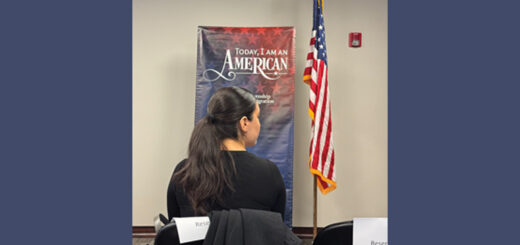Legislature’s income tax relief left low- and middle-income families behind
By May Roberts
Reader Contributor
The income tax package approved by the Idaho Legislature during the 2025 session gave huge tax breaks to Idaho’s wealthiest households while leaving behind or raising costs for many working families. These policy decisions negatively impact working families and the state’s ability to support important public goods and services. A new report released by the Idaho Center for Fiscal Policy highlights these harmful impacts.
Income tax cuts approved by the Legislature continue to make Idaho’s tax structure more regressive. As the latest in a series of bills to lower the income tax burden on Idahoans, the lawmakers approved House Bill 40 and H.B. 231 during the 2025 session. H.B. 40 lowered the income tax rate for all Idahoans but continued a harmful trend of making Idaho’s tax code more regressive — meaning lower-income families pay a greater share of their incomes in taxes than higher-income families.
H.B. 231 served as a small counterweight to H.B. 40 by enhancing the state’s grocery tax credit. However, it was not enough to make a significant impact, and Idaho families with lower incomes continue to pay a higher share of their earnings toward state taxes.
Inaction to renew the state Child Tax Credit will increase the tax burden on middle-income families. The Idaho Legislature failed to include a renewal of the state’s CTC, which is set to expire at the end of 2025, in its income tax package. The CTC is a tax incentive that provides tax relief for families with children. It is offered by the federal government and 16 states, including Idaho, to enhance the economic security of families with children — particularly those in low- to middle-income brackets, and is very effective at combatting childhood poverty.
The decision to allow the CTC to sunset, when taken into consideration with H.B. 40 and H.B. 231, will result in no tax relief for most Idaho families with children next year. Specifically, families earning between $31,100 and $146,000 annually will not see any tax benefit, and families earning between $55,600 and $91,800 will actually experience an annual income tax increase of about $100.
Lawmakers must take action to ensure low- to middle-income families aren’t paying more than their share of state taxes. A more balanced tax code can be achieved by renewing the CTC, making the CTC refundable and investing in other tax credits that support low- to middle-income families — such as creating a state Earned Income Tax Credit.
The full report can be read at bit.ly/4dIJCyp.
For further analysis on H.B. 40, H.B. 231 and the CTC, visit idahofiscal.org/reports.
May Roberts is a policy analyst with the Idaho Center for Fiscal Policy, which is a nonpartisan organization with a mission to offer Idahoans high quality fiscal research and analysis.











 Coming up this week! Don’t miss Live Music, the Summer Sampler, the Art Party, Monarch Grind, the Sandpoint Renaissance Faire, and more! See the full list of events in the
Coming up this week! Don’t miss Live Music, the Summer Sampler, the Art Party, Monarch Grind, the Sandpoint Renaissance Faire, and more! See the full list of events in the 